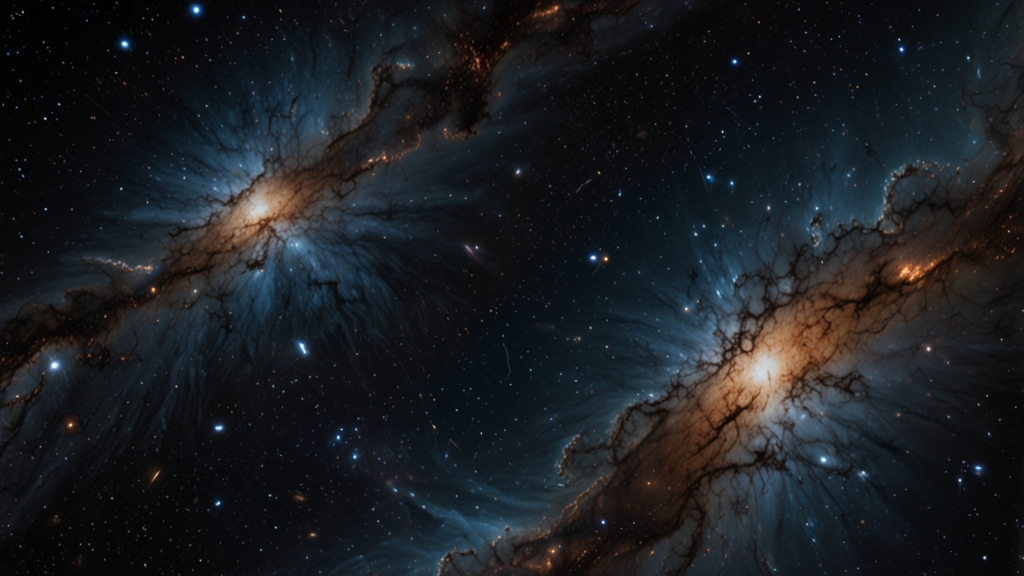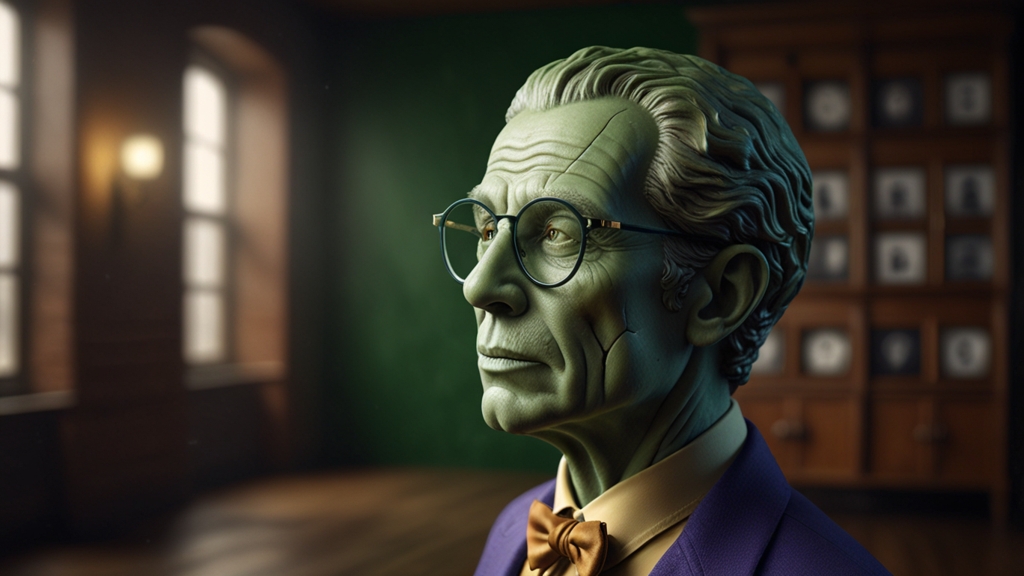Unlocking the Mystery of Existence: The Creation Story Explored
The question of our existence has puzzled humans for millennia. Across cultures and epochs, creation stories have been conceived to explain the origins of the cosmos, Earth, and life itself. These narratives, spanning from scientific interpretations to spiritual myths, offer a rich tapestry of perspectives on how everything began. This article delves into a variety of creation stories to unlock the enduring mystery of existence.
Scientific Theories of Creation
Modern science provides us with a range of theories to explain the birth and evolution of the universe. One of the most widely accepted theories is the Big Bang Theory. Suggested in the early 20th century, this theory postulates that the universe originated from an extremely hot and dense singularity approximately 13.8 billion years ago, which expanded rapidly, resulting in the cosmos we observe today.
The story of the Big Bang is not just a story of explosive force and cosmic expansion; it’s also a story of the emergence of time and space, the birth of galaxies, stars, and planets, and the creation of the very atoms that constitute our bodies.
Mythological Tales Across Cultures
In contrast to scientific accounts, various cultures have created myths to explain the mysteries of existence. These stories, often involving gods and supernatural events, provide rich, symbolic meanings that resonate deeply with human experience.
Ancient Egyptian Cosmogony
The ancient Egyptians believed in the primordial waters of chaos called Nu, from which emerged the sun god Ra. Ra created gods and humans, and he journeyed across the sky each day in his boat. This journey symbolized life's cyclical nature and humanity's daily struggle against chaos.
Hindu Creation Story
Hinduism offers a complex and multifaceted account of creation. According to one prominent myth, the universe originates from the cosmic being Purusha, who is sacrificed by the gods. His body parts transform into the different elements of the universe, including earth, air, and the social order.
“From his navel came the mid-air. From his head the sky evolved. From his feet the earth, and the quarters of space from his ear. Thus they constituted the worlds.” – Rigveda, Nasadiya Sukta.
Christian Creation Narrative
The Judeo-Christian creation story, found in the Book of Genesis, describes how God created the world in six days. On the first day, God created light; on the second, the sky and waters; on the third, land and vegetation; on the fourth, celestial bodies; on the fifth, animals of the sea and sky; and on the sixth, land animals and humans. On the seventh day, He rested.
Philosophical Perspectives
Philosophers, too, have pondered the mystery of existence. Existentialists like Jean-Paul Sartre and Albert Camus examined life's meaning in a seemingly indifferent universe. They suggested that although the universe may be purposeless, humans can create their own meaning through choices and actions.
Meanwhile, Eastern philosophies, such as Buddhism, approach existence through the concepts of karma and rebirth. Instead of a definitive beginning, they perceive existence as a cyclical process, emphasizing the transitory nature of life and the quest for enlightenment.
Conclusion: The Quest Continues
Creation stories, whether scientific, mythological, or philosophical, provide frameworks through which humans seek to understand the profound enigma of existence. Each narrative offers unique insights and reflections. While we may never unlock all the mysteries of our origins, the diverse stories we tell underscore our intrinsic curiosity and the inexhaustible human spirit.
In exploring these varied narratives, we find not mere explanations, but a deeper communion with the mystery of existence itself, reaffirming that our quest for understanding is as endless and expansive as the universe we seek to comprehend.










